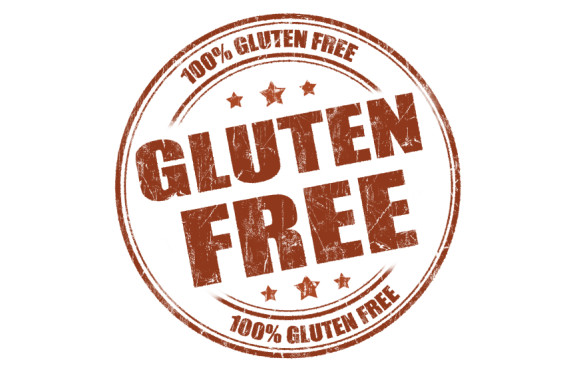
I’m not exactly sure why, but the question of whether monosodium glutamate (MSG) and gluten are related is a common one. There can be some confusion over the terms involved, as well as how MSG is produced, so if you’re concerned about gluten, here’s what you need to know…
Maybe it’s the G-L-U?
You might have noticed that the first several letters of both words are the same. Unless one is familiar with nutrition science, the words used in the discipline can be confusing—especially if they sound similar—or partially similar, like these two do. This similarity doesn’t mean that the two things are related at all. Most folks probably don’t know that glutamate is an amino acid (one of the most common amino acids in food, actually), and amino acids are the building blocks of protein—but not proteins themselves. Likewise, lots of people are still unfamiliar with the term gluten—a protein found in wheat, rye and barley. Gluten is the protein that people with celiac disease and gluten intolerance must avoid in order to stay healthy. So, is MSG gluten free? Put simply, glutamate and gluten are completely different things. Even the FDA says so.
Maybe it’s the fermentation?
Early production of monosodium glutamate was accomplished by extracting it from a protein that was naturally high in glutamate. What was that protein? You guessed it—wheat gluten. It’s easy to see that some people might still think there is some mingling of gluten and MSG, but there is not. The use of wheat to produce MSG stopped in the 1960s. In the U.S. now, the typical process used to make MSG is fermentation—the same process used to make vinegar, wine, sauerkraut and kombucha. Fermentation requires a carbohydrate source—but that source is not wheat, rye or barley—it’s usually corn glucose or sometimes sugar beets. Through fermentation, the sodium salt of glutamic acid is created, then crystallized, purified and packaged. It doesn’t come in contact with gluten at any point in the process.
Maybe it’s the gluten in some Asian foods?
It’s certainly possible that people who are gluten-sensitive have some problems when they eat certain Asian dishes. And yes, monosodium glutamate may indeed be an ingredient in many Asian foods. However, assuming that you have been “glutened” by MSG in an Asian dish is oversimplification at the very least. After all, there could be gluten-containing ingredients in those dishes—ingredients that have nothing to do with MSG at all, but which may trigger a gluten reaction. Things like marinades, pre-made sauces, soy sauce, fish sauce, hoisin, oyster sauce, rice wine and some spice blends.
Most importantly, remember to always check food labels for ingredients and allergen labeling if you need to avoid gluten.
More information about the discovery and history of MSG.

